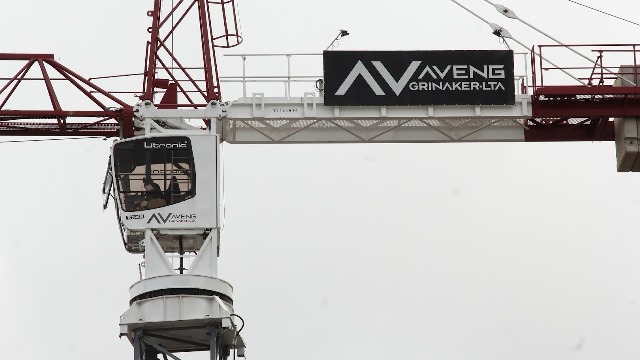Chief executive officer of Loss making South African construction firm Aveng has resigned, the firm said Tuesday.
Aveng said that Kobus Verster, who had been appointed to the top job in 2014 will resign with immediate effect after it reported a wider full-year loss.
“Eric Diack, current executive chairperson, will assume the duties of CEO until such time as a new CEO has been appointed,” the firm said in a statement.
And as part of a wider plan to return the firm to profitability, Aveng will look to sell non-core assets and review its civil engineering projects.
“It’s not business as usual. We need to execute to plan, which we haven’t done for the last couple of years and we need to ensure that there are no surprises,” Diack told a news conference.
Some of the non-core businesses or assets identified by Aveng include properties and businesses in which the group has a minority interest.
Read:South Africa construction group Aveng ends talks to sell steel arm
“The review will include the development of a sustainable capital and funding model, which will address the future funding of (Australian-based) McConnell Dowell and the Group’s convertible bond which matures in July 2019”.
The review includes identifying a number of products to export to different markets in order to enhance profit, reducing underperforming contracts, reorganising production capacity and simplifying organisational structures.
Aveng said headline loss per share for the year to the end of June fell to 1,625 cents per share compared with a loss per share of 75.2 cents at June 2016, as a result of impairments and revenue writedowns.
Aveng has been in business for more than 125 years and employs around 15,500 people. However due to financial difficulties that has plagued the firm it has been forced to contend with1,400 jobs cuts in its latest financial year.
Last August, the firm announced that it had ended talks to sell its steel arm due to what its CEO said was failure to reach agreement
Work for South African construction industry has slowed sharply. Government contracts stalled and weak commodity prices have hit demand from the mining industry. Companies have had to employ new strategies to survive in a sector stunted by an economy that is not stagnant.
Also Read:Turbulent times for South Africa’s construction industry

